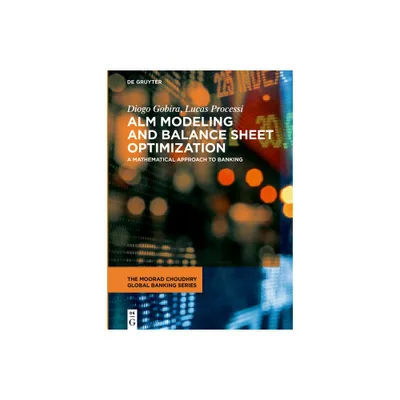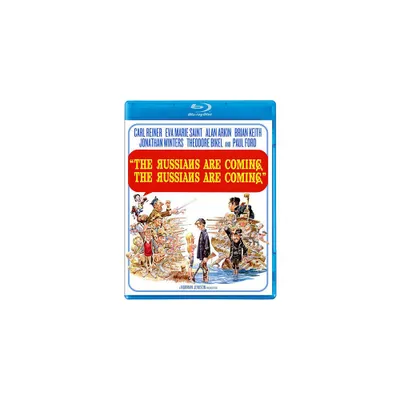Home
The Russia Balance Sheet
Loading Inventory...
Barnes and Noble
The Russia Balance Sheet
Current price: $24.95


Barnes and Noble
The Russia Balance Sheet
Current price: $24.95
Loading Inventory...
Size: OS
*Product Information may vary - to confirm product availability, pricing, and additional information please contact Barnes and Noble
Russia has been on a wild roller-coaster ride for the past three decades with no end in sight. Just in the past year as the global financial crisis deepened, the conventional perception of Russia has changed from a "safe haven" from the economic tsunami to one of the hardest hit larger markets in the world.
The Russia Balance Sheet
provides comprehensive, balanced, and accurate information on all key aspects of Russia's developments and their implications for the United States and other nations. The book argues that, after the strained Bush-Putin years, the Obama administration must seize the initiative to define both its policy toward Russia and the agenda for the many multilateral meetings already planned.
The book offers policy prescriptions for both the United States and Russia. It is imperative that the Obama administration establish an explicit Russia policy rather than subordinating it to other issues in order to enable the administration to make necessary tradeoffs and follow up on promises. An interagency group for Russia has been created under the leadership of the National Security Council's senior director for Russia; this group should determine the Russia policy and issue an NSC directive. As a new Russia policy is crafted and an NSC directive on Russia adopted, President Obama should make a public statement on his Russia policy. Ideally, President Obama would declare his determination to finally persuade the US Congress to graduate Russia from the Jackson-Vanik Amendment to the Trade Act of 1974. As for Russia, it should accede to the World Trade Organization (WTO) to secure its successful international integration and an improvement of its legal standards. The Kremlin needs to introduce transparent procurement procedures for major investments to relieve infrastructure bottlenecks. Property rights must be reinforced and renationalization stopped to ease the problems in banking and energy production. Finally, with the first full-scale summit between Presidents Obama and Medvedev to take place in Italy in July 2009, the authors argue that the two presidents should recommit to fulfilling the April 2008 Sochi Declaration and to reestablishing a broader organized cooperation mechanism between the two countries, like that of the Gore-Chernomyrdin Commission, to promote action and accountability.
The Russia Balance Sheet
provides comprehensive, balanced, and accurate information on all key aspects of Russia's developments and their implications for the United States and other nations. The book argues that, after the strained Bush-Putin years, the Obama administration must seize the initiative to define both its policy toward Russia and the agenda for the many multilateral meetings already planned.
The book offers policy prescriptions for both the United States and Russia. It is imperative that the Obama administration establish an explicit Russia policy rather than subordinating it to other issues in order to enable the administration to make necessary tradeoffs and follow up on promises. An interagency group for Russia has been created under the leadership of the National Security Council's senior director for Russia; this group should determine the Russia policy and issue an NSC directive. As a new Russia policy is crafted and an NSC directive on Russia adopted, President Obama should make a public statement on his Russia policy. Ideally, President Obama would declare his determination to finally persuade the US Congress to graduate Russia from the Jackson-Vanik Amendment to the Trade Act of 1974. As for Russia, it should accede to the World Trade Organization (WTO) to secure its successful international integration and an improvement of its legal standards. The Kremlin needs to introduce transparent procurement procedures for major investments to relieve infrastructure bottlenecks. Property rights must be reinforced and renationalization stopped to ease the problems in banking and energy production. Finally, with the first full-scale summit between Presidents Obama and Medvedev to take place in Italy in July 2009, the authors argue that the two presidents should recommit to fulfilling the April 2008 Sochi Declaration and to reestablishing a broader organized cooperation mechanism between the two countries, like that of the Gore-Chernomyrdin Commission, to promote action and accountability.


















